On April 05, 1820 in Celtic History
Scottish insurrection of 1820 begins
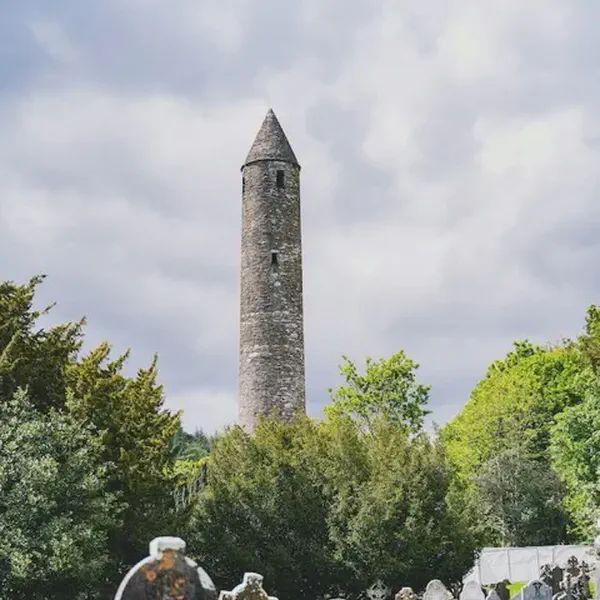
The Radical War, also known as the Scottish Insurrection of 1820, was a week of strikes and unrest, a culmination of Radical demands for reform in the United Kingdom which had become prominent in the early years of the French Revolution, but had then been repressed during the long Napoleonic Wars. An economic downturn after the wars ended brought increasing unrest. Artisan workers, particularly weavers in Scotland, sought action to reform an uncaring government, gentry fearing revolutionary horrors recruited militia and the government deployed an apparatus of spies, informers and agents provocateurs to stamp out the trouble.
A Committee of Organisation for Forming a Provisional Government put placards around the streets of Glasgow late on Saturday 1 April, calling for an immediate national strike. On Monday 3 April work stopped in a wide area of central Scotland and in a swirl of disorderly events a small group marched towards the Carron Company ironworks to seize weapons, but while stopped at Bonnymuir they were attacked by Hussars. Another small group from Strathaven marched to meet a rumoured larger force, but were warned of an ambush and dispersed. Militia taking prisoners to Greenock jail were attacked by local people and the prisoners released. James Wilson of Strathaven was singled out as a leader of the march there, and at Glasgow was executed by hanging, then decapitated. Of those seized by the army at Bonnymuir, John Baird and Andrew Hardie were similarly executed at Stirling after making short defiant speeches. Twenty other Radicals were sentenced to penal transportation.
It became evident that government agents had actively fomented the unrest to bring radicals into the open. The insurrection was largely forgotten as attention focussed on better publicised Radical events in England. Two years later, enthusiasm for the Visit of King George IV to Scotland successfully boosted loyalist sentiment and brought a new-found Scottish national identity.
The effect of the crushing of this staged insurrection was to effectively discourage serious Radical unrest in Scotland for some time.
More From This Day
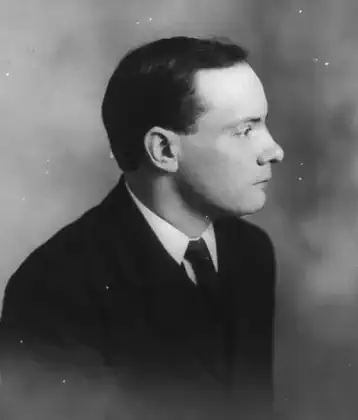
Patrick Pearse denies rumors of a possible rising to Irish Volunteer Chief of Staff Eoin MacNeill
April 05, 1916
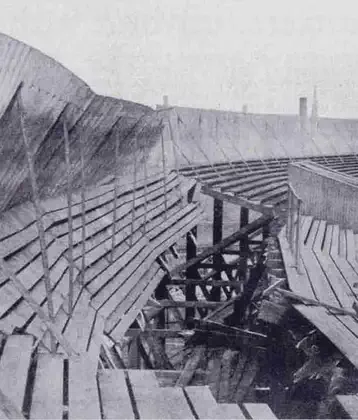

Spencer Tracy, the son of an Irish father, is born in Milwaukee, Wisconsin
April 05, 1900
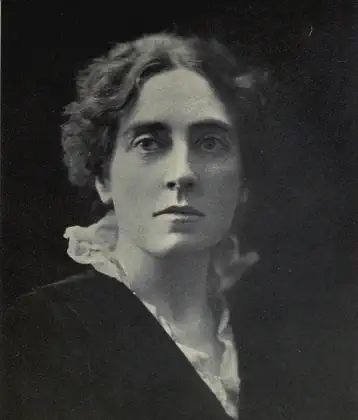
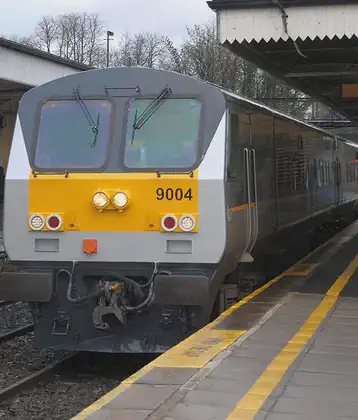
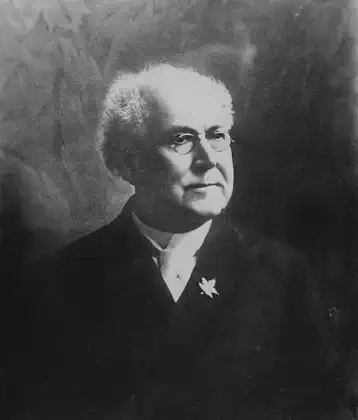
Birth at Lesmahagow of composer Alexander Muir, creator of Maple Leaf Forever.
April 05, 1830

Bernardo OHiggins defeats the Spanish at the battle of Maipo River, Chile
April 05, 1818

William Dool Killen, ecclesiastical historian, is born in Ballymena, Co. Antrim
April 05, 1806
